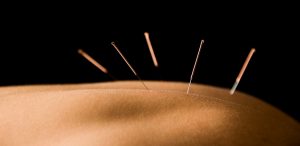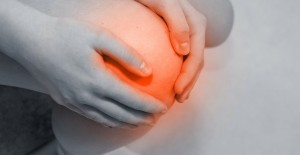
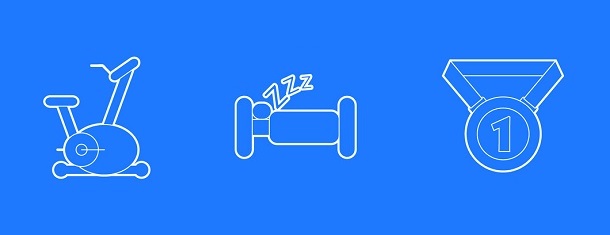
Nutrition and training are front and centre in the minds of competitive athletes. However, there is more that needs to be done to optimize performance and maintain health.
Sleep is often a missing piece of the puzzle1 for competitive athletes. The research is clear: loss of sleep will weaken your athletic performance in the short and long-term. Let’s take a more in-depth look.
Short-term Sleep Deprivation
Research has shown that short-term sleep loss has negative effects on many aspects of athletic performance including strength, endurance, accuracy, speed and reaction time.
Strength, Power
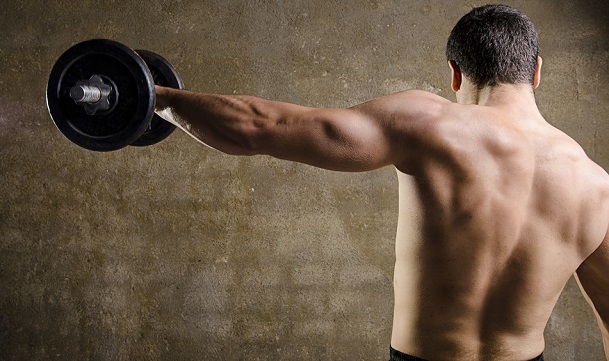
While weight lifters who lose one night’s sleep may not have their lifts affected2, getting three consecutive nights of poor sleep (3 hours per night) significantly reduces maximal and submaximal lifts, with maximal bench press decreasing 20lbs on average3. In another study Judo competitors also had significantly weaker results4 on strength tests after a single night of poor sleep.
Endurance
After 30 hours without sleep, healthy young men had a shorter time to exhaustion5 during 75% maximal effort bicycling and decreased distance ran6 during a self-paced treadmill test. Sleep deprivation of 36 hours also reduced time to exhaustion by 11%7 while treadmill walking at 80% VO2max. Additionally, highly trained endurance athletes with 3 hours of sleep loss had an increased heart rate and respiration rate8 while cycling at 75% VO2max, which suggests that their body was working harder to achieve the same level of performance.
Accuracy
A study in of dart players found that after one night of 3-4 hours sleep they were significantly less accurate9 compared to those having a full 7-8 hour night’s sleep. Another study found that college basketball players had a 9% increase in shooting accuracy10 after increasing sleep to at least 10 hours per night over 5-7 weeks. Semi-professional tennis players had a significant decrease in serving accuracy11 after a single night of only 5 hours of sleep compared to their standard night’s sleep (7-8 hours). Rugby players passing accuracy was reduced 20%12 after having a single poor night’s sleep (3-5 hours). Also, soldiers’ marksmanship accuracy decreased to only 60%13 of their usual accuracy after remaining awake for 3 days (yikes).
Speed
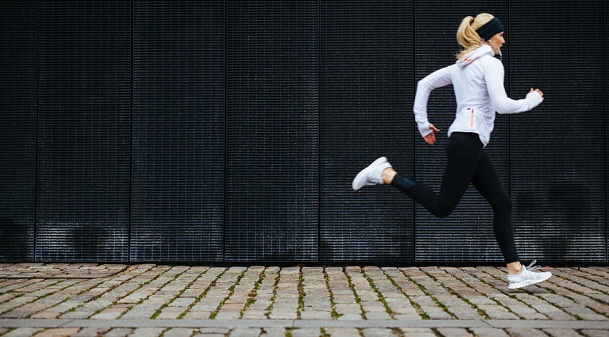
Sprinters’ speed, distance covered and muscle glycogen14 were all negatively affected after missing one night’s sleep. In another study college basketball players who increased the amount they slept each night by 2 hours (on average) over a 5-7 week period also had significantly improved sprint times10. Another interesting study found that while a night’s sleep of just 4 hours resulted in significantly slower sprints; sprints were significantly faster15 if the runner took a half-hour nap earlier in the day to recoup lost sleep.
Reaction Time
Reaction time, another important factor in athletic performance, is also impacted by poor sleep. Most research on reaction time has been done in a laboratory setting, being measured with tasks which are not physically or mentally demanding.
More real life tests reveal that sleep deprivation has a powerful effect on reaction time and decision making abilities. A large review of real life, military operations-based tests found that sleep deprivation leads to “lack of innovation, inflexibility of thought processes… over-reliance on previous strategies, unwillingness to try out novel strategies… and inability to deal with surprise and the unexpected.”16 In the world of sports, split-second decision making is the difference between holding the upper hand and losing it. For this reason poorer reaction time can hurt an athlete’s performance significantly.
Long-term Sleep Deprivation
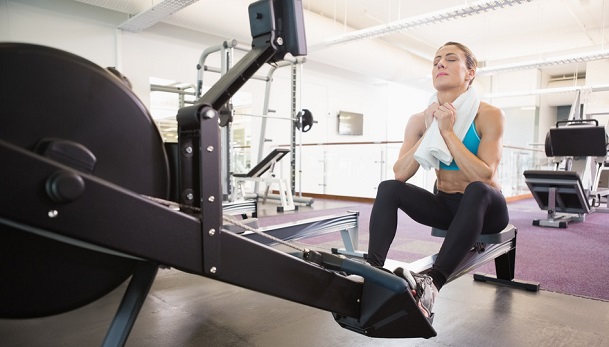
While exercise in general is an important factor in maintaining good quality sleep, elite level athletes tend to not sleep enough and have poorer quality sleep1 than the average person. Overreaching and overtraining can also result from long-term sleep deficits, leading to poor performance and a myriad of health issues including depression, fatigue and immune system suppression17, 18. With this in mind athletes must make efforts to maintain ideal sleep habits for performance and health maintenance.
How Much Sleep Does An Athlete Need?
An excellent guide for athletic sleep requirements19 was released by Canadian Sports For Life in 2013. From 15 years of age and older this guideline recommends that athletes get 8-10 hours of sleep per night with an additional 30 minutes of sleep in the form of a nap between 2:00-4:00pm. However, aiming for 10 hours of sleep per day in total is likely to improve performance10 compared to 8 hours per day.
Improving Sleep
Optimizing numbers of hours slept and sleep quality should be a goal near the top of the list for competitive athletes. Sleep can often be improved by making small changes in sleep hygiene such as keeping the bedroom dark, avoiding screen time before bedtime and decluttering the bedroom. Naturopathic treatments such as clinical nutrition, herbal medicine and acupuncture also offer an excellent means of improving sleep beyond basic sleep hygiene changes.
Halifax Athletic Performance
If you are interested in improving athletic performance and are located in the Halifax area, please contact MacLeod Naturopathic to book an initial naturopathic visit with Dr. MacLeod to discuss your options.
References
- Leeder J, Glaister M, Pizzoferro K, Dawson J, Pedlar C. Sleep duration and quality in elite athletes measured using wristwatch actigraphy. J Sports Sci. 2012;30(6):541-5.
- Blumert PA, Crum AJ, Ernsting M, Volek JS, Hollander DB, Haff EE, Haff GG. The acute effects of twenty-four hours of sleep loss on the performance of national-caliber male collegiate weightlifters. J Strength Cond Res. 2007 Nov;21(4):1146-54.
- Reilly T, Piercy M. The effect of partial sleep deprivation on weight-lifting performance. Ergonomics. 1994 Jan;37(1):107-15.
- Souissi N, Chtourou H, Aloui A, Hammouda O, Dogui M, Chaouachi A, Chamari K. Effects of time-of-day and partial sleep deprivation on short-term maximal performances of judo competitors. J Strength Cond Res. 2013 Sep;27(9):2473-80.
- Chen HI. Effects of 30-h sleep loss on cardiorespiratory functions at rest and in exercise.Med Sci Sports Exerc. 1991 Feb;23(2):193-8.
- Oliver SJ1, Costa RJ, Laing SJ, Bilzon JL, Walsh NP. One night of sleep deprivation decreases treadmill endurance performance. Eur J Appl Physiol. 2009 Sep;107(2):155-61.
- Martin BJ. Effect of sleep deprivation on tolerance of prolonged exercise. Eur J Appl Physiol Occup Physiol. 1981;47(4):345-54.
- Mougin F, Simon-Rigaud ML, Davenne D, Renaud A, Garnier A, Kantelip JP, Magnin P. Effects of sleep disturbances on subsequent physical performance. Eur J Appl Physiol Occup Physiol. 1991;63(2):77-82.
- Edwards BJ, Waterhouse J. Effects of one night of partial sleep deprivation upon diurnal rhythms of accuracy and consistency in throwing darts. Chronobiol Int. 2009 May;26(4):756-68.
- Mah CD, Mah KE, Kezirian EJ, Dement WC. The effects of sleep extension on the athletic performance of collegiate basketball players. Sleep. 2011 Jul 1;34(7):943-50.
- Reyner LA, Horne JA. Sleep restriction and serving accuracy in performance tennis players, and effects of caffeine. Physiol Behav. 2013 Aug 15;120:93-6.
- Cook CJ, Crewther BT, Kilduff LP, Drawer S, Gaviglio CM. Skill execution and sleep deprivation: effects of acute caffeine or creatine supplementation – a randomized placebo-controlled trial. J Int Soc Sports Nutr. 2011 Feb 16;8:2.
- McLellan TM, Kamimori GH, Bell DG, Smith IF, Johnson D, Belenky G. Caffeine maintains vigilance and marksmanship in simulated urban operations with sleep deprivation. Aviat Space Environ Med. 2005 Jan;76(1):39-45.
- Skein M, Duffield R, Edge J, Short MJ, Mündel T. Intermittent-sprint performance and muscle glycogen after 30 h of sleep deprivation. Med Sci Sports Exerc. 2011 Jul;43(7):1301-11.
- Waterhouse J, Atkinson G, Edwards B, Reilly T. The role of a short post-lunch nap in improving cognitive, motor, and sprint performance in participants with partial sleep deprivation. J Sports Sci. 2007 Dec;25(14):1557-66.
- Harrison Y, Horne JA. The impact of sleep deprivation on decision making: a review. J Exp Psychol Appl. 2000 Sep;6(3):236-49.
- Halson S. Nutrition, sleep and recovery. Eur J Sport Sci. 2008 Mar;8(2):119-126.
- Meeusen R, Duclos M, Foster C, Fry A, Gleeson M, Nieman D, Raglin J, Rietjens G, Steinacker J, Urhausen A; European College of Sport Science; American College of Sports Medicine. Prevention, diagnosis, and treatment of the overtraining syndrome: joint consensus statement of the European College of Sport Science and the American College of Sports Medicine. Med Sci Sports Exerc. 2013 Jan;45(1):186-205.
- Samuels C, Alexander B. SLEEP, RECOVERY, AND HUMAN PERFORMANCE A Comprehensive Strategy for Long-Term Athlete Development. Canadian Sport For Life. 2012 July 11.

